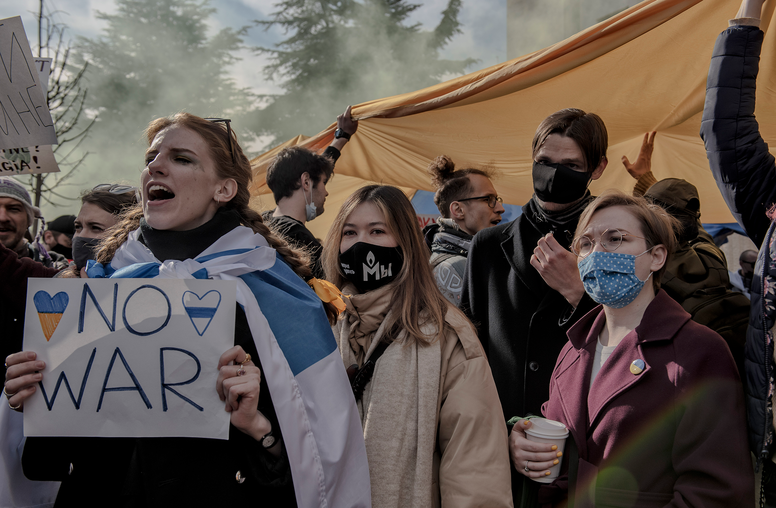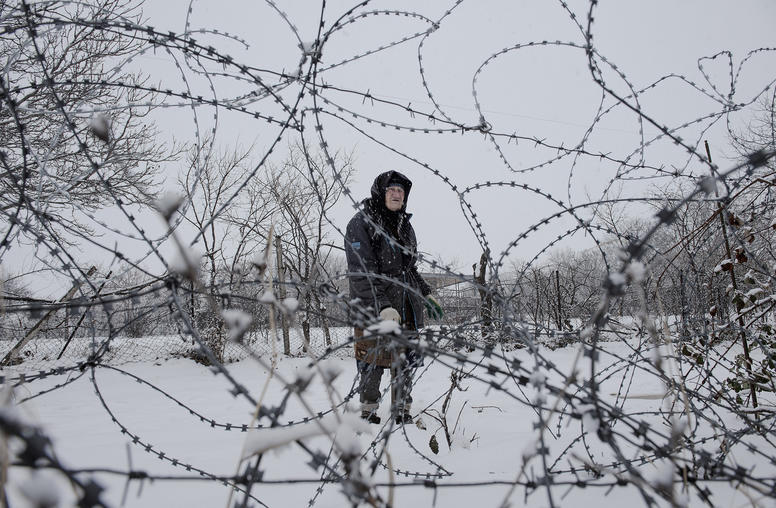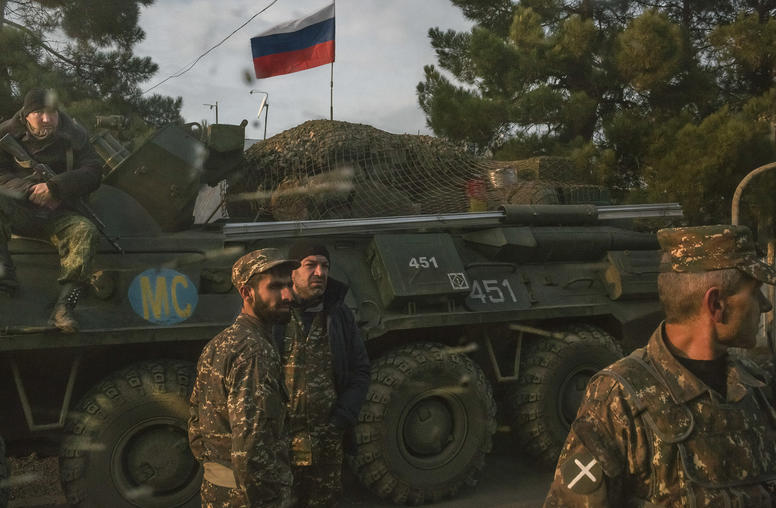The Day After: President Saakashvili on Post-Revolutionary Societies and What Comes after the Arab Spring
On February 1, 2012, USIP and the Atlantic Council hosted President Mikheil Saakashvili of Georgia as he addressed what Georgia, North Africa, and other reforming societies have in common.
Read the event coverage, Georgian President, at USIP, Says Reforms Must Follow Revolutions

The 2011 wave of revolutions and protests has sent a clear message to the international community: freedom, democracy and accountability matter. Nearly a decade before the Arab uprisings, the color revolutions swept across eastern Europe. As North Africa and other parts of the world seek to reinvent themselves, Georgian President Mikheil Saakashvili drew on Georgia's democratic transformation to explore the common challenges and opportunities that post-revolutionary societies face. His talk addressed the myriad of issues that these new governments must undertake from building democratic institutions to confronting corruption and earning the trust of their empowered citizens.
Speakers
- Dr. Richard H. Solomon, Welcoming Remarks
President, United States Institute of Peace - Mr. Damon Wilson, Moderator
Executive Vice President, Atlantic Council - The Honorable Mikheil Saakashvili
President of Georgia
Explore Further
- Georgian President, at USIP, Says Reforms Must Follow Revolutions
News Feature by Thomas Omestad - Read President Saakashvili's Remarks as Prepared [PDF]
- The Arab Awakening
As the dramatic events of the Arab Spring turn to the more mundane yet vital work of governance, constitution writing and peacebuilding, USIP is on the ground, bringing its unique brand of action and expertise to the effort.



